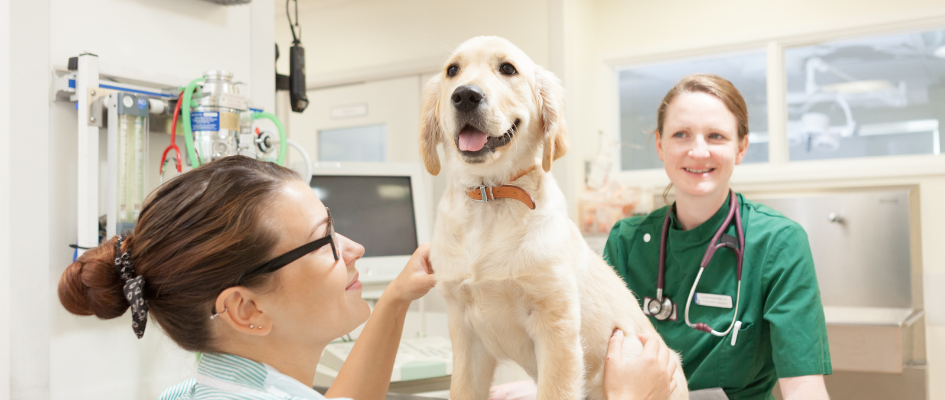Pet neutering is a hot topic among owners across the UK with some non-medical theories and myths making people doubt the procedure for their dog, cat, rabbit or any other household pet. All Goddard Vets encourage owners to consider neutering their pets for a range of medical and behavioural benefits.
Why neuter your pet?
Unless you are planning to breed from your pet, castration (for males) and spaying (for females means that unplanned or unwanted puppies or kittens can be avoided. Neutering can also provide added health benefits. The risks of some cancers and other very serious diseases developing can be greatly reduced. Behavioural and social benefits can include a generally calmer pet, one which will be less aggressive or territorial, and a reduction in anti-social behaviour such as the spraying of urine.
What is neutering?
Neutering is a routine and short procedure that involves removing your pet’s reproductive organs and usually requires only a day’s stay with us at one of our practices under a general anaesthetic. In many cases, your pet will be discharged the same day.
- ‘Spaying’ is the term to describe the neutering of a female by removing her womb (uterus) and ovaries.
- ‘Castration’ described the neutering of a male pet by removing the testicles.
After being neutered, your pet will be unable to produce a litter.
Neutering your dog
Neutering your dog at a young age can help them to live a long and happy life. In many cases, spaying or castration is recommended to be carried out from six months of age onwards. With some breeds, however, particularly larger ones, it can be beneficial to delay this procedure slightly longer. Your vet will be pleased to advise on the best possible time for your dog.
Benefits of spaying your female dog
- In female dogs (bitches), spaying can prevent a condition called Pyometra, a potentially fatal infection of the womb.
- It reduces the risk of developing some cancers.
- It can increase life expectancy.
- Female dogs come into season every 4-6 months and the season lasts 3 weeks, during which time they can leave ‘spotting’ menstrual blood around your house. Unneutered female dogs can also suffer ‘phantom pregnancies’ when they can become withdrawn, snappy, and start to produce milk.
- Spaying reduces the risk of urinary incontinence if undertaken at a young age. Urinary incontinence is potentially a lifelong condition requiring long-term medical management.
Benefits of castrating your male dog
- Castration eliminates the risk of testicular cancer and reduces the risk of some other serious diseases.
- It can increase life expectancy.
- The urge to breed will be removed and males that are castrated have much less of an urge to roam. This reduces the risk of your dog escaping a home or lead, being outside alone, crossing roads, or getting trapped whilst searching out a female.
Neutering your cat
In general, cats can be neutered from four months of age after they have received their primary vaccinations. We advise neutering your cat around this time before they reach sexual maturity to eliminate the risk of producing a litter and the development of anti-social or unwanted behaviours.
Spaying your female cat – other benefits
- Prevents females (called Queens) from entering heat. This can occur for 4 to 5 days every month during the breeding season and can bring unwanted behaviours including excessing crying out and the excretion of fluids to leave a scent.
- It reduces the risk of developing mammary tumours (breast cancer) and pyometra (a potentially fatal womb infection).
- Spaying reduces the risk of roaming (attempting to leave the home to search for a mate).
Castrating your male cat – other benefits
- Stops male cats (called Toms) from spraying pungent smelling urine on household surfaces.
- Reduces aggressive behaviour and fighting.
- Castration
- Reduces the risk of roaming (to search for a female).
Many of our practices are accredited by the International Society of Feline Medicine (ISFM) as Cat-Friendly Clinics. We’ll always handle and treat your cat in a calm, respectful and caring way. Where possible, separate waiting areas for cats and dogs will be provided to help make each visit as comfortable and stress-free as possible.
Booking your pet’s procedure
Goddard Veterinary Group operates 47 practices in and around the Greater London area, all staffed by one of our highly-trained veterinary teams ensuring your pet always receives the very best care. We treat every pet as an individual and are pleased to offer tailor-made advice depending on your circumstances and those of your cat or dog.



